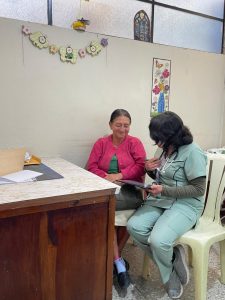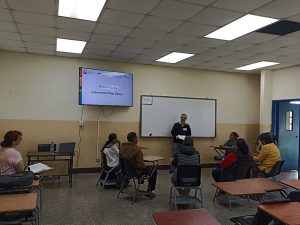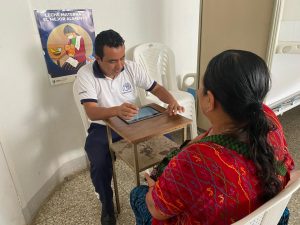Access to quality healthcare services remains a challenge for millions of people across Latin America, especially for those living in vulnerable conditions. In this context, regional research on the DIALOG+ application has shown that technology can become a key ally in improving communication between patients and healthcare professionals.
 What is DIALOG+?
What is DIALOG+?
DIALOG+ is a digital intervention that guides dialogue between doctors, nurses, and patients through a simple mobile application. It focuses on assessing 11 areas of a person’s life — such as physical and mental health, family, housing, work, and social relationships — and, through a solution-focused therapeutic approach, promotes deeper, more empathetic conversations aimed at identifying available resources to improve well-being.
The study in Guatemala, Bolivia, and Colombia

Between 2023 and 2024, a pilot feasibility study was conducted in urban and rural health centers across these three countries, with the goal
of understanding the tool’s acceptability and relevance in contexts with economic, social, and cultural constraints.
A total of 66 patients with noncommunicable chronic diseases or mental health conditions and 22 frontline healthcare professionals participated. Over three months, the application was used during routine check-up consultations, complementing traditional medical care with a structured space for reflection and support.
Among the main findings were:
High acceptability: patients and healthcare staff valued the experience positively, emphasizing that the app made it easier to discuss sensitive issues and build greater trust in the doctor–patient relationship.
Improved quality of life: in countries such as Guatemala, patients reported progress in their perception of physical, social, and emotional well-being after using DIALOG+.
 A step toward more inclusive health systems
A step toward more inclusive health systems
The study concludes that DIALOG+ is a viable and useful tool for improving comprehensive care in communities facing inequities in access to health services. However, it also highlights the importance of making cultural, linguistic, and methodological adaptations to ensure more effective integration into the region’s health systems.

